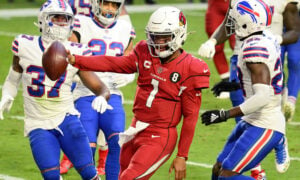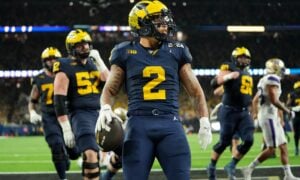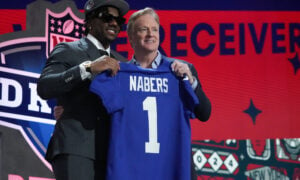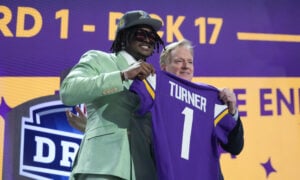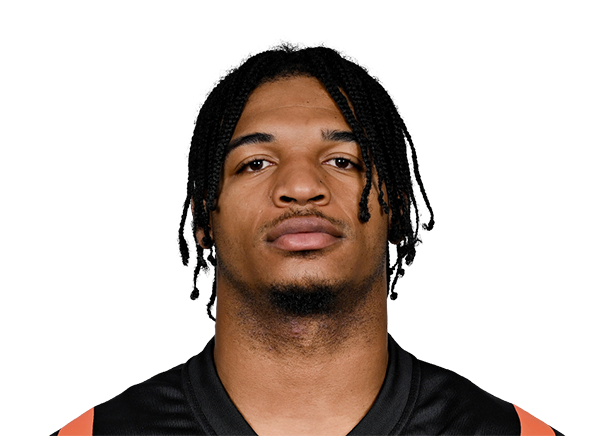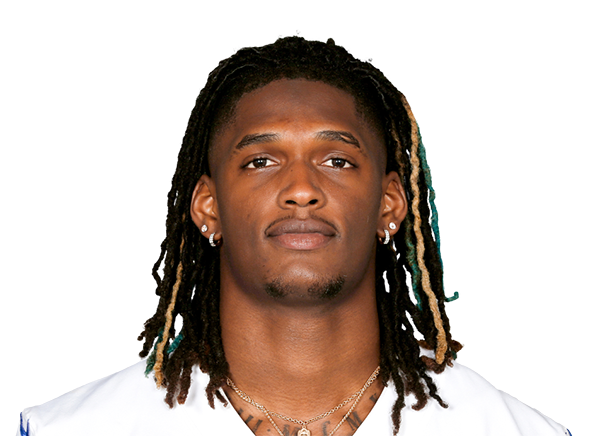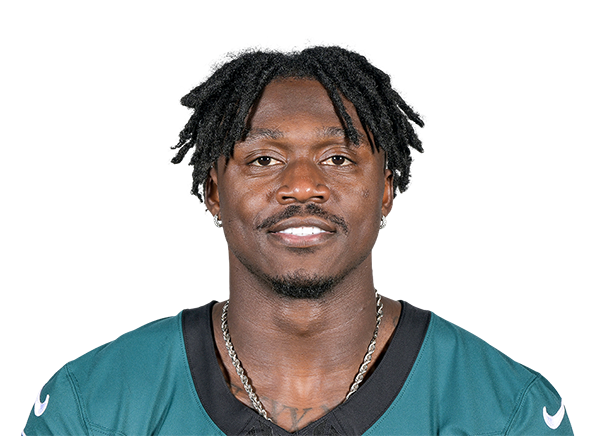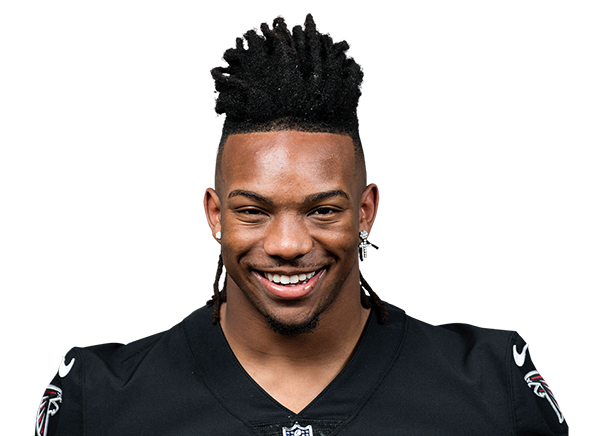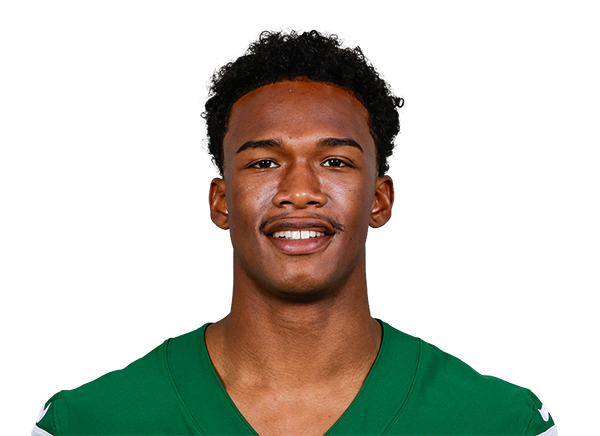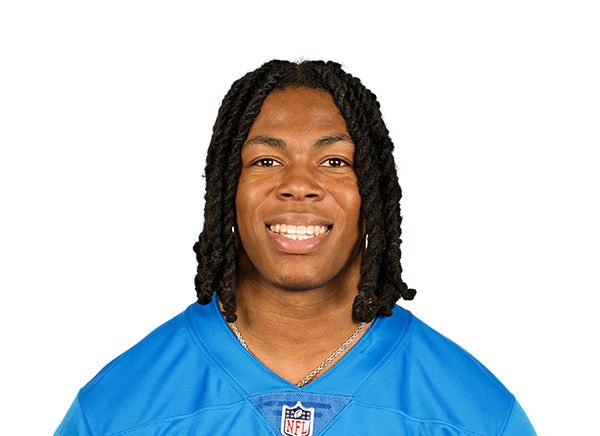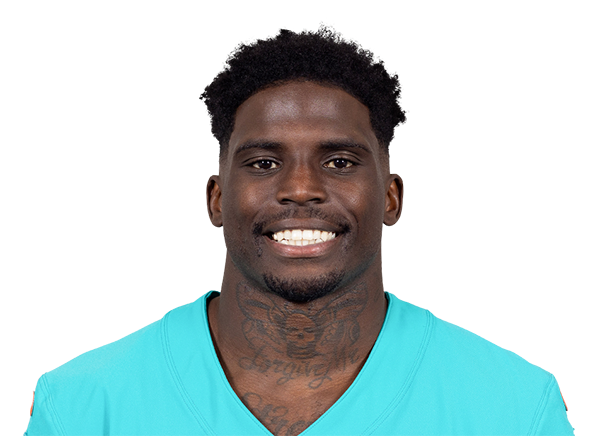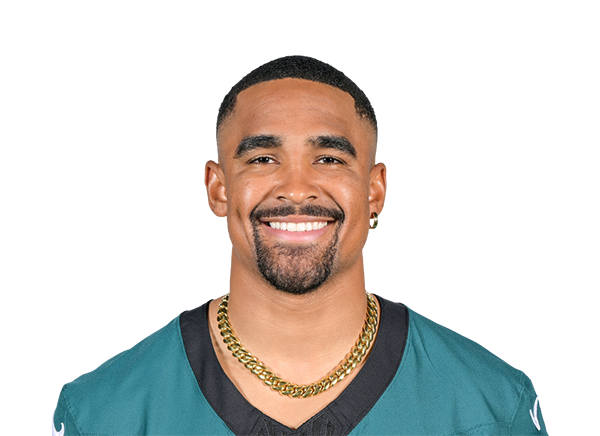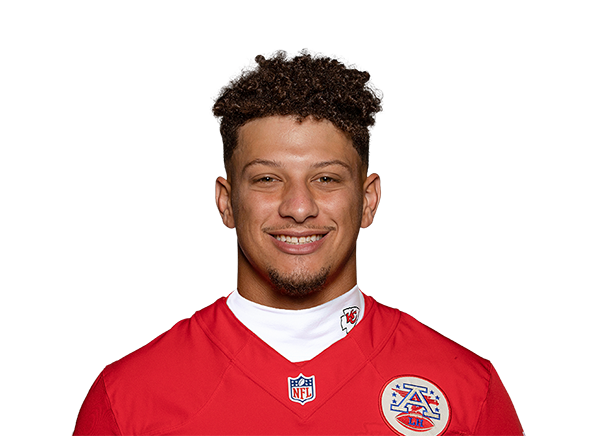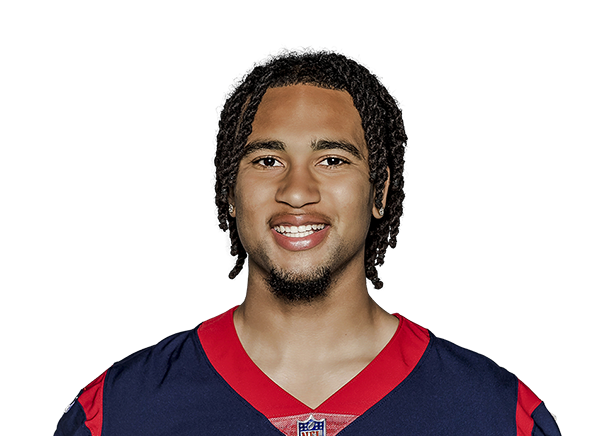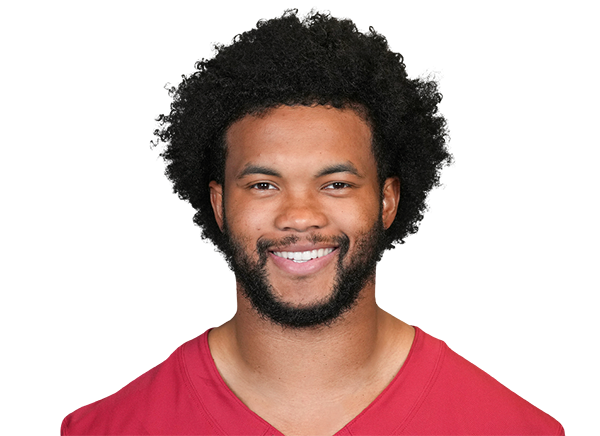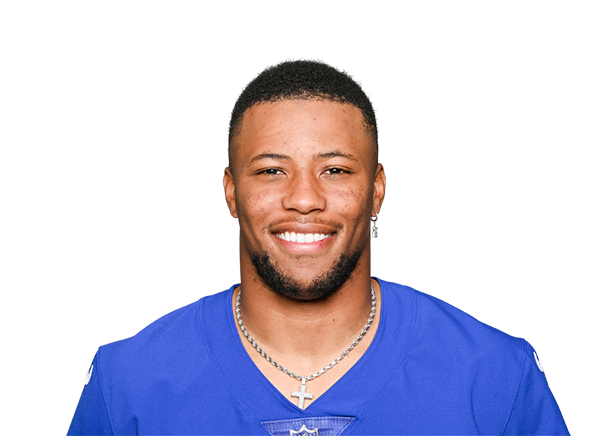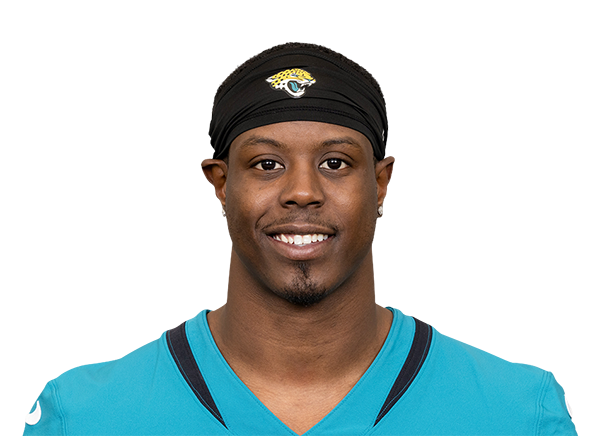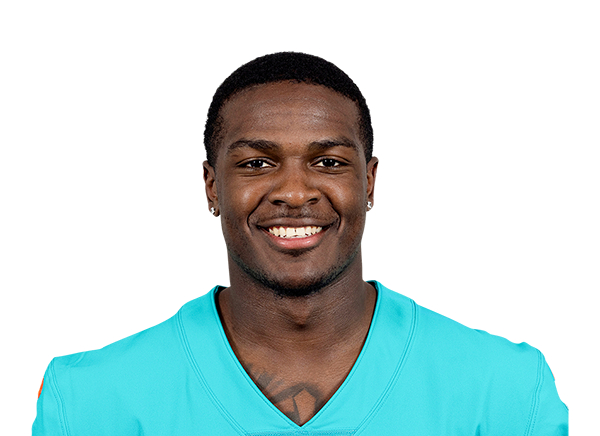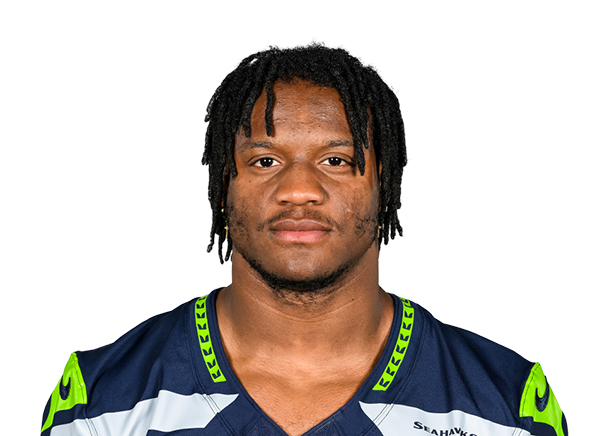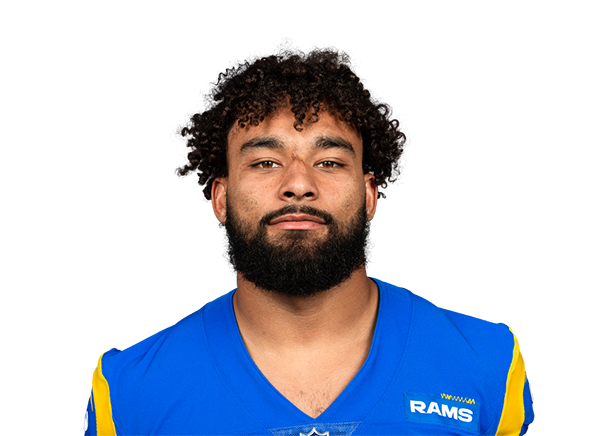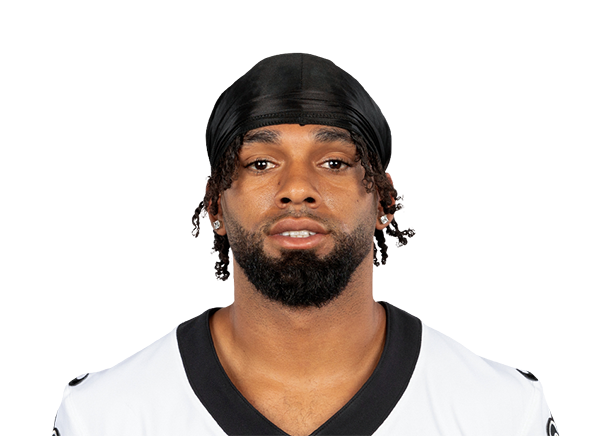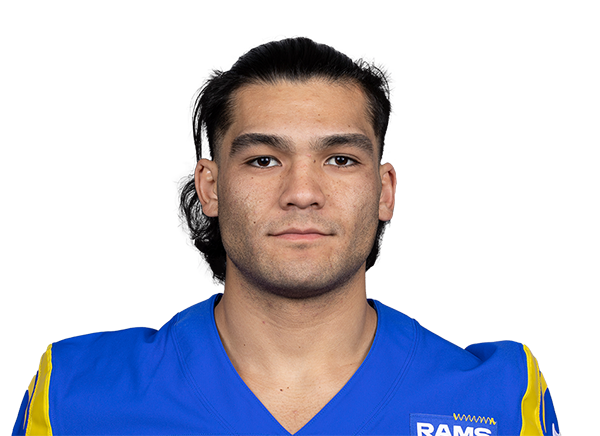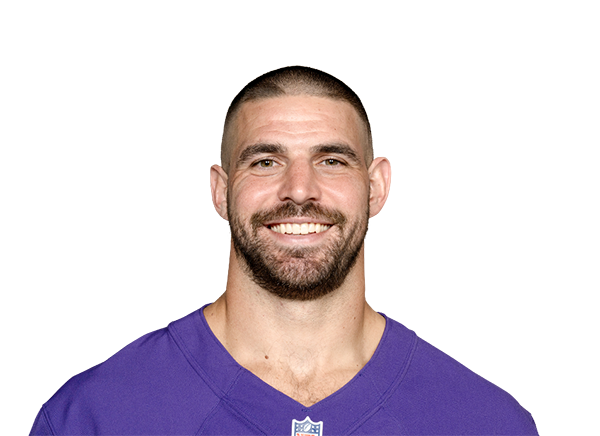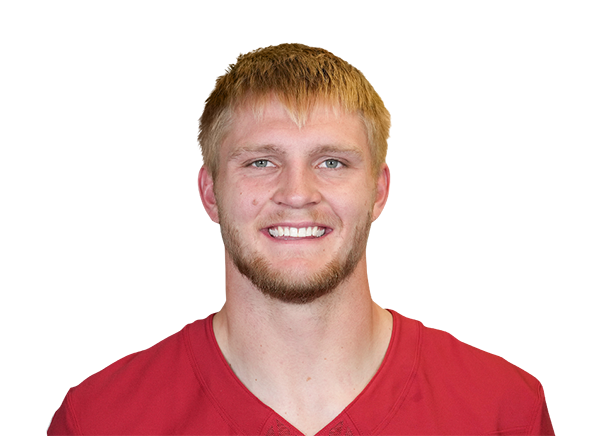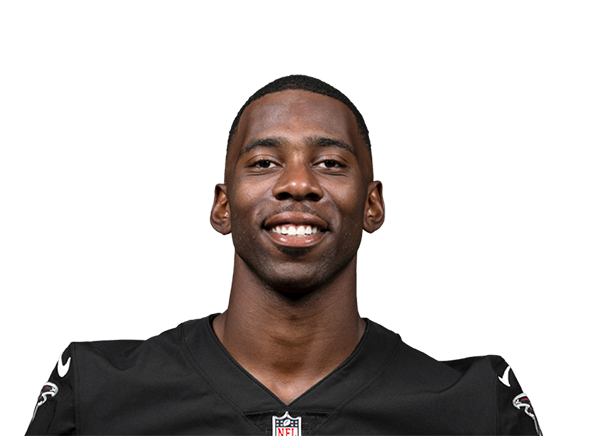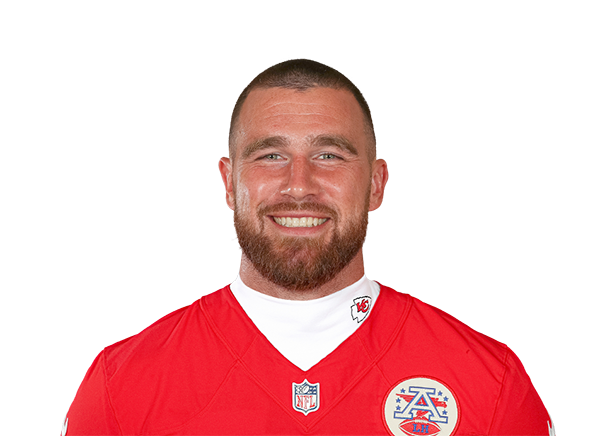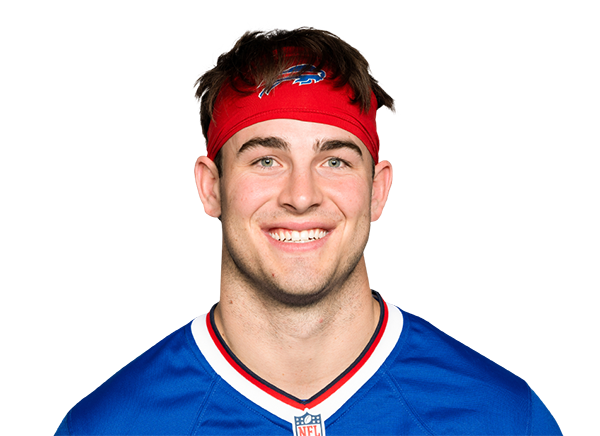Week 11 Waiver Wire: A Closer Look at Two Potential Adds
Ryan McDowell says that his biggest advantage in dynasty is being more attentive than his league mates, especially on the waiver wire. Drafting is exciting. Trading is fun. Lineups decisions will make you pull your hair out. But waivers are a bit tedious, which is why you can win them. If you’re good at the thing no one else likes, you give yourself a big advantage.
This article is one step toward winning the waiver wire. Each week, I’ll talk about two players to add — one for shallower leagues (225-250 offensive players rostered) and one for deeper leagues (275-325 offensive players rostered). In some weeks, both players I discuss will be rostered in your leagues. I understand that, and I welcome feedback about whether I should be digging deeper or shallower.
Ordinarily, I highlight one player to target in shallower leagues, but there aren’t any must-have players on waivers this week. So, instead, let’s look at two deep-league options.
[am4show have=’g1;’ guest_error=’sub_message’ user_error=’sub_message’ ]
Deeper Leagues — Marquess Wilson
Wilson fractured his foot in Week 13 of 2015, and he re-fractured it again in 2016 minicamps. But he recently started practicing, and his possible return times well with Alshon Jeffrey’s four-game suspension for performance-enhancing substances.
Though it seems like Wilson has been teasing us for years, he just turned 24 in September. He was an unheralded prospect in the 2013 draft class, at least in part because of a messy falling out with Mike Leach and the Washington State coaching staff. But Wilson wasn’t a stunning physical specimen, either. He was tall and thin, and not particularly fast, explosive, or agile (via MockDraftable):
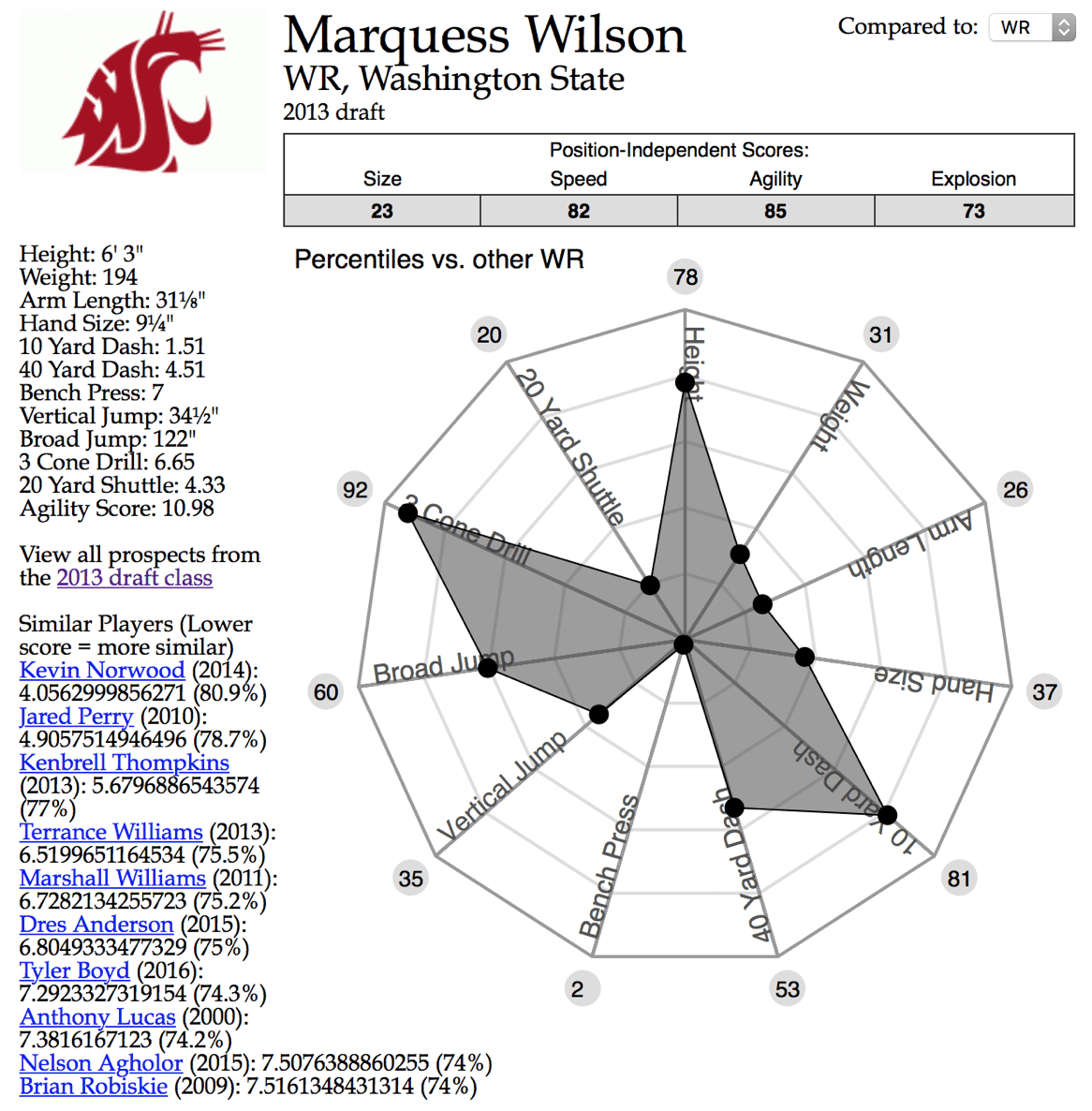
Wilson was, however, very productive in college. He topped 1000 receiving yards at age 18 as a true freshman, accounting for more than 35 percent of the Cougars’ total receiving yards. At age 19, the offense exploded, and so did Wilson. He notched 1388 receiving yards and 12 receiving touchdowns, again accounting for more than 35 percent of the team’s total receiving yards. In age 20 (and final) season, he played only nine games before being suspended and ultimately leaving the team. Still, he led the Cougars with 813 receiving yards and 5 touchdowns.
Drafted by the Bears in the seventh round, Wilson played sparingly as a rookie in 2013, and he was an afterthought in the passing game even in 2014 (though he did have a fantasy football impact in at least one week). But after Brandon Marshall left for the Jets in 2015, Wilson became a key part of the Bears’ passing game, especially when Alshon Jeffrey missed time (from RotoViz):
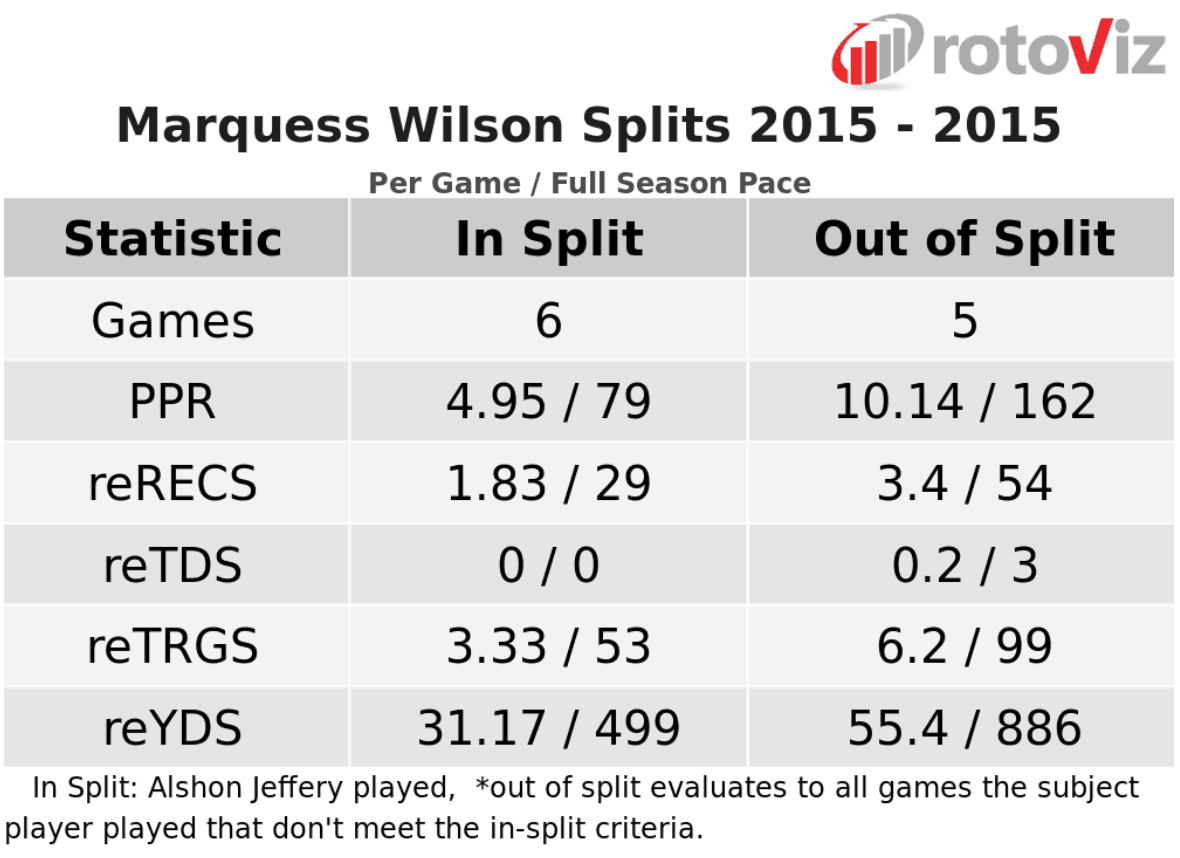
Wilson entered 2016 as an afterthought, with Jeffrey and Kevin White expected to dominate targets. Then, when Brian Hoyer took over for an injured Jay Cutler, Cameron Meredith became what we all once hoped Wilson could be. Meredith posted back-to-back 100-yard games and apparently established himself as the WR2 in Chicago for the immediate future. But with Cutler back, the target distribution is uncertain until Jeffrey returns, and Wilson shouldn’t be ignored.
Even Deeper Leagues — Akeem Hunt
Hunt, a 2015 undrafted free agent, was on the Texans’ practice squad until Week 10, when he was promoted to the active roster and promptly gained 52 rushing yards in part-time duty against the Jaguars. He’ll probably never be more than a desperation RB2 start, but he’s worth adding in leagues where at least 400 offensive players are rostered.
Physically, the first thing we notice about Hunt is his size: at 189 pounds, he’s not likely to earn a 15-carry per game workload even under the best circumstances. But the next thing we notice is Hunt’s speed and agility. He has “explosive play” written all over him:
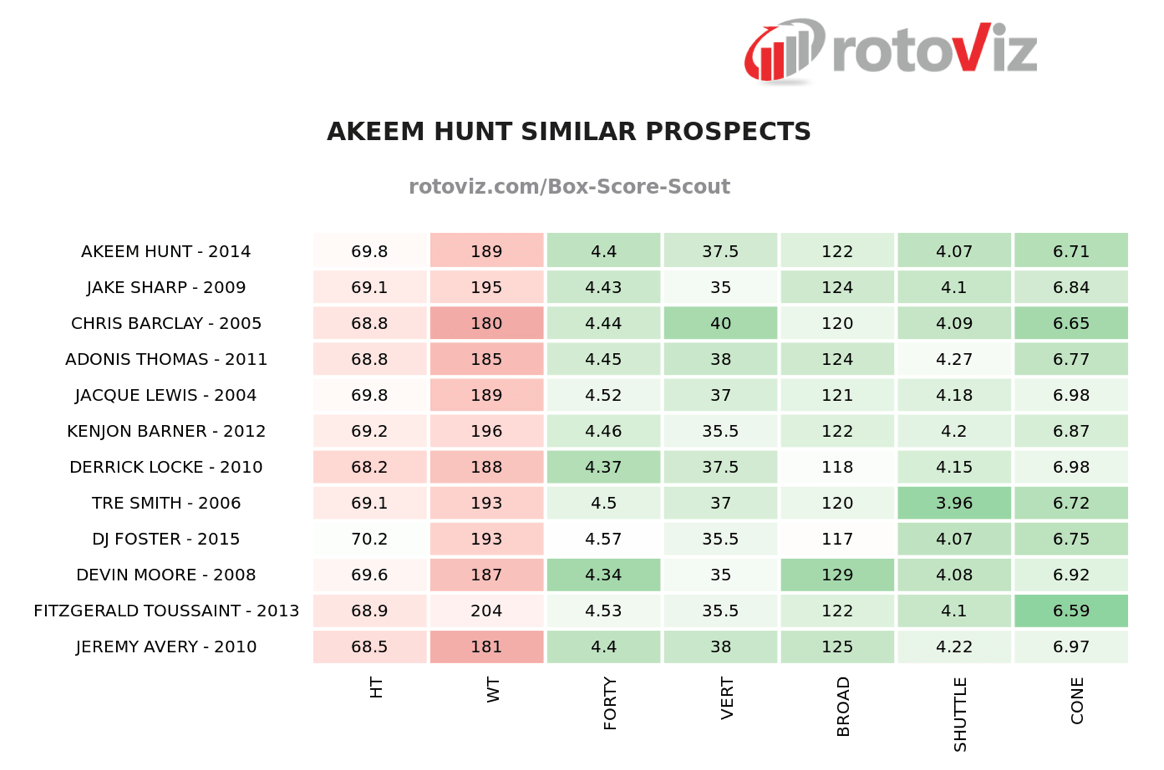
His comparables are, to be generous, disappointing. And he wasn’t a workhorse in college, though he was productive. As a 21-year-old senior in 2014, he rushed for 949 yards and 6 touchdowns and added 293 yards and 2 touchdowns on 48 receptions. As both a junior and a senior, he led Purdue in rushing yards, beating out another NFL practice squad player, Raheem Mostert.
As a rookie in 2015, Hunt never saw more than five carries in a game. But in his first action of 2016, he earned a bigger opportunity going forward. On top of his 52 rushing yards, Hunt also had a 33-yard gain wiped out by a holding call.
Lamar Miller hasn’t missed a game, but he’s struggled through recent shoulder and ankle injuries. Indeed, Miller has played less than 50% of the Texans’ snaps in three straight games. Alfred Blue is the direct backup, but Hunt is the better change-of-pace RB, and he’s a threat as a receiver too.
[/am4show]
- Dynasty Capsule: Miami Dolphins - January 26, 2019
- Dynasty Capsule: Buffalo Bills - January 21, 2019
- Dynasty Capsule: Carolina Panthers - January 21, 2018






